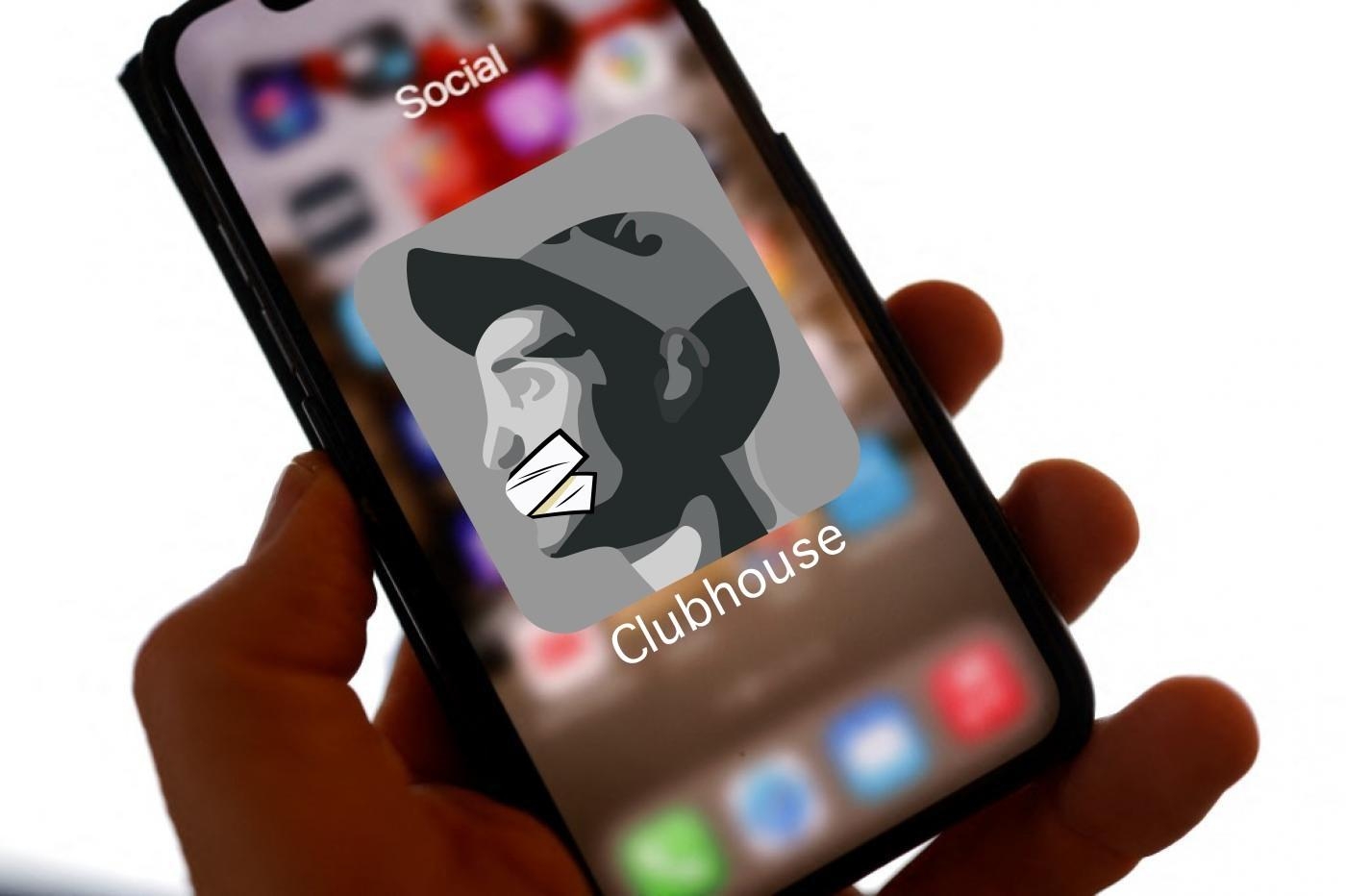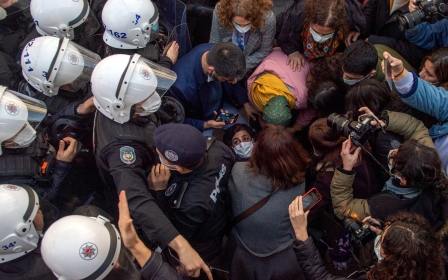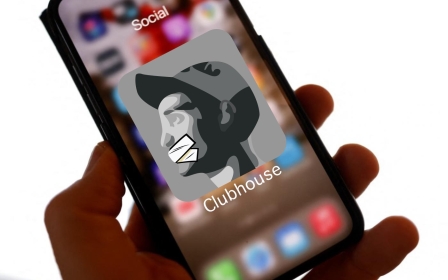Oman blocks Clubhouse, citing 'lack of proper authorisation'

Oman blocked the audio app Clubhouse on Sunday, citing "lack of proper authorisation," according to an official statement by the country's telecoms regulator.
"Similar communication applications must obtain a permit from the authority," the Omani Telecommunications Regulatory Authority told the WAF news website.
The move has triggered an online campaign denouncing it as an attack on freedom of expression, with the hashtag "Oman_blocks_Clubhouse" trending on social media in the Gulf country on Sunday.
Many Omanis shared screenshots of the app showing "error message".
"The government of Oman takes the authoritarian government of China as a role model and bans... Clubhouse which has been used by Omanis as a space to express their opinions freely without government censorship," the Omani Association For Human Rights said in a statement.
New MEE newsletter: Jerusalem Dispatch
Sign up to get the latest insights and analysis on Israel-Palestine, alongside Turkey Unpacked and other MEE newsletters
The San Francisco-based app saw global user-numbers soar after Tesla CEO Elon Musk and Robinhood chief executive Vlad Tenev held a surprise discussion on the platform.
The audio-only app, which allows users to set up or attend discussion rooms on topics of their choosing, hit 10 million users worldwide in February, a fivefold increase on the previous month, having launched as recently as April 2020.
The US app had a quick rise and a subsequent fall in China, where thousands of mainland Chinese citizens for a short time had an uncensored discussion on sensitive issues such as Beijing's treatment of Uighur Muslims and the situations in Taiwan and Hong Kong. Authorities blocked access to the platform in China last month.
In countries throughout the Middle East, where digital authoritarianism has conditioned many to live in fear of constant surveillance, people have flocked to the iOS-only app, which has been at the top of many national download lists.
Users in Egypt, Oman, Turkey and Saudi Arabia have resorted to the app to discuss taboo issues, including politics, identity, sexuality, patriarchy, religion and racism, and in some cases to coordinate protests.
"I hope that the suspension of the Clubhouse app in Oman is a result of technical issues and not a formal ban," tweeted Omani writer Zakaria al-Muharrmi.
"Preventing people from speaking and listening to others does not protect societies, but rather increases tensions and pushes them into the abyss of chaos and confrontation."
An investigation by Middle East Eye earlier in March revealed that the app's privacy settings are a cause for concern. The lack of anonymity makes users vulnerable to surveillance by agents of the state because it requires users to give a real name and identity.
There have been instances, in Saudi Arabia for example, of sensitive conversations being screen-recorded and posted online.
In Egypt, a pro-government TV show claimed it had uncovered - and recorded - a "terrorist" network on Clubhouse.
Middle East Eye delivers independent and unrivalled coverage and analysis of the Middle East, North Africa and beyond. To learn more about republishing this content and the associated fees, please fill out this form. More about MEE can be found here.





